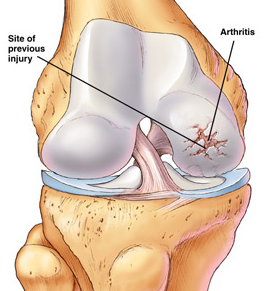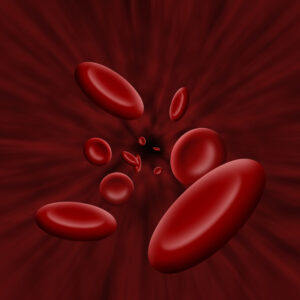05 Dec Why do so Many Athletes Get PRP Therapy?
Athletic injuries for the knee (such as patellar tendonitis), chronic tendon injuries like Achilles tendonitis, bilateral atraumatic quadriceps rupture, and Tennis Elbow were once treated with traditional therapies such as  medication, bracing therapy, physical therapies, and surgical intervention. PRP, Platelet Rich Plasma Therapy, is an innovative new therapeutic treatment for athletes.
medication, bracing therapy, physical therapies, and surgical intervention. PRP, Platelet Rich Plasma Therapy, is an innovative new therapeutic treatment for athletes.
What exactly are (PRP) platelet rich plasma injections?
Platelet rich plasma is a blood plasma that has a concentration up to 10 times greater than normal of platelets. Plasma is the main component of blood.
PRP is a concentrated source of autologous platelets; in essence an organic cocktail of growth factor proteins and cytokines that are beneficial in the reconstruction and rejuvenation of soft tissue or bones by inducing accelerated healing. PRP treatment is used by athletes to help repair the physical trauma and damage sustained from high-level competition and repetitive joint stress.
The PRP actually calls in the body’s own stem cells as well which can help heal the area as well. Rather than just providing pain relief, PRP can actually heal the condition.
Why use PRP?
 Although in use for over a decade (since the 1990s), PRP has received increased attention by athletes and their doctors. PRP therapy has been most commonly used for chronic Tendinopathy.
Although in use for over a decade (since the 1990s), PRP has received increased attention by athletes and their doctors. PRP therapy has been most commonly used for chronic Tendinopathy.
Recent studies have shown the effectiveness of PRP in reducing pain from microscopic tears from acute injuries as well as arthritic pain, such as with early Osteoarthritis. PRP may even help re-grow cartilage or prevent future loss. A recent study from Hospital for Special Surgery showed the potential for this. It does alleviate the systematic pain associated with injuries and arthritis in patients.
How can a concentration of platelets at the site injury promote healing for athletes?
A form of prolotherapy, PRP injection is a therapeutic injection that works by stimulating the body to accelerate natural and organic repair to a painful area by promoting an inflammatory action, usually needed as a result of an acute injury or damage. The damaged tissue is treated at a faster pace as the PRP injection incites the body to utilize a concentration of proteins and growth hormone at a higher rate, hastening repair.
How effective are platelet rich plasma injections for athletes?
PRP injections are more effective than cortisone in a Stanford University study, and in many cases has more effective results than surgery for athletes. PRP was first used as an agent of repair to help a sternum mend following an open heart surgery and subsequently used as an aid in bone healing following spinal surgery.
Now it’s more commonplace intraoperationally with orthopedic and plastic surgeries for soft tissue recovery and musculoskeletal injuries in sports medicine as to the very low risk of complications or side effects, says a study at University of Michigan.
Are PRP injections safe to use for athletes?
Many athletes use the platelet rich plasma therapy as an effective means of pain relief and enhanced healing as it improves performance by accelerating repair to acute injuries, and is not considered an illegal performance enhancer.
It is a very safe procedure, as it simply involves a blood draw from the patient.
What athletes have used platelet rich plasma as a therapy successfully?
Pittsburgh Steelers’ Hines Ward and Troy Polamalu received a variation of it just weeks before winning Super Bowl XLIII preempting 30 amateur athletes to request it immediately after. Olympic gold medalist and sprinter Donovan Bailey, Tiger Woods in his elbow this year, Los Angeles Dodgers’ pitcher Takashi Saito for the Major League Baseball playoffs, Fred Couples, Alex Rodriguez, Tracy McGrady, Chris Canty and Cliff Lee are other high level athletes just to name a few.
TeleHealth is a California stem cell clinic offering PRP therapy for everyone from athletes to college students and senior citizens, essentially anyone with arthritis, tendonitis or ligament injury.
Most insurance is accepted at the clinic, and it often covers at least some (if not all), of the treatment cost.
Call (888) 885-8675 for more information and scheduling today!



No Comments